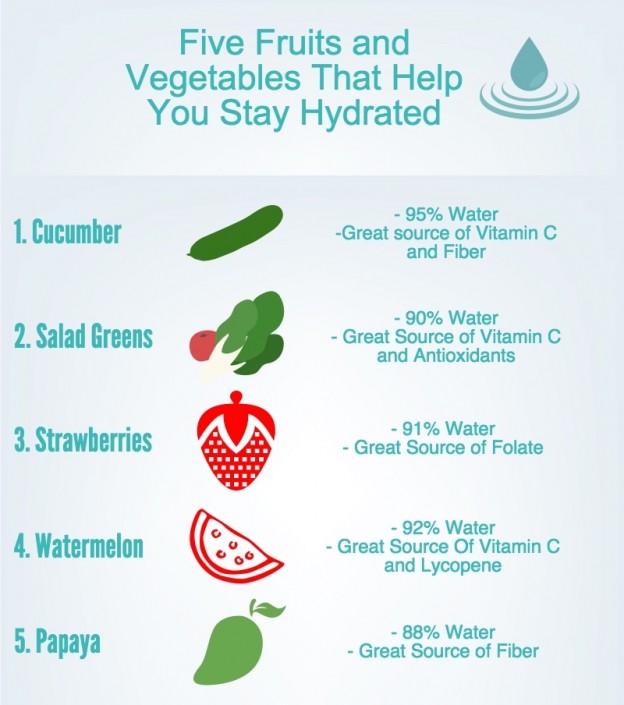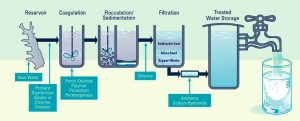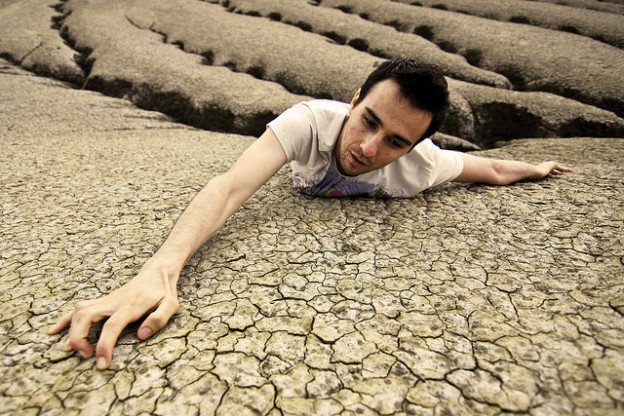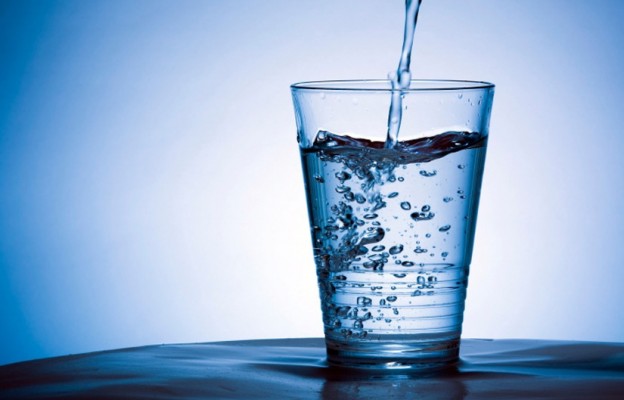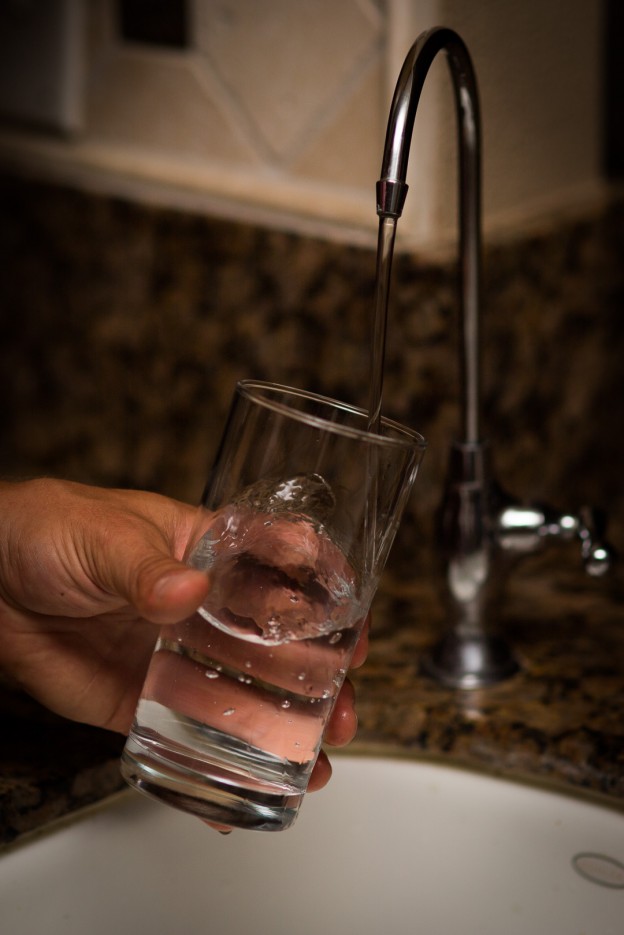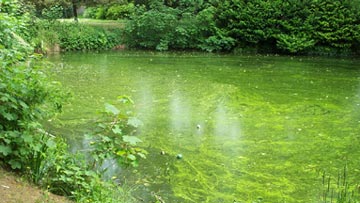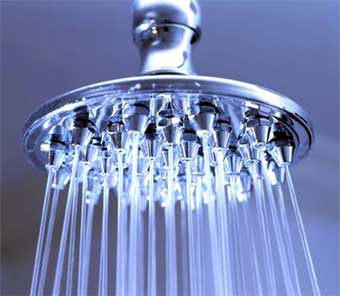
In today’s world of superfoods, fad diets and workout crazes, potential solutions for those struggling with weight issues are everywhere. The only problem is that most of these “solutions” are expensive and involve some weird-tasting drinks or awkward movements. How many infomercials have you seen touting a workout machine (that requires some ridiculously painful-looking contortion) for three easy payments of $59.99?
The truth is, many of these weight loss techniques are great, but only if you first focus on one much more important aspect of your health. The best part about this one aspect? It’s a lot easier than eating seaweed or doing a side bend.
So what is this utopian, so-easy-anyone-can-do-it cure-all for weight loss? Drink more water. Yes, it’s that simple.
How does drinking water help with weight issues?
Lauren Grant, CEO and Founder of The Hungry Heart – a highly-regarded emotional eating and weight loss counseling service in Southern California – explains that “Many times people end up overeating when they are actually dehydrated.”
Grant shares that many of us are simply mistaking our thirst for hunger. An empty stomach often indicates hunger, but in many cases, it’s actually asking for more water. Learning to recognize this can result in some immediate results.
“You may notice your food consumption goes down as you drink more water and eat water-based foods such as fruits, vegetables, legumes or water-based healthy soups,” Grant said.
Simple, right? No need for a fancy DVD or a $300 weekly grocery bill. The first step to losing weight is much easier.
If it’s so easy, though, why don’t more people just drink water? Why don’t we see more commercials for water? There’s several reasons – one is obvious and the other is more subconscious.
The first is that drinking more water than usual results in more trips to the restroom than usual. This is a completely valid concern – no one likes running off to the restroom every half hour. Is it really that bad, however, considering the payoff? If it helps with pesky weight issues, wouldn’t you rather make a few extra trips to the john? If nothing else, at least it gives you some extra exercise (optimism is also important)!
There’s another reason more people don’t turn to water for their weight loss issues, but this one is a little less obvious. We buy into fad diets and buy exotic workout machines because they are different. Our minds are hard-wired to search for new solutions when it doesn’t seem like anything we’re currently doing is helping. Thus, the weirder and more exotic the solution, the more our mind is attracted to it.
Imagine your internal dialogue: “Why would water help me? I’ve always drank water. The key to weight loss is doing a crab walk to Brazilian dance music while eating a flaxseed celery cookie. I’ve never done that before, therefore that is the solution!”
Now that you’re convinced, let’s discuss how much water is enough. I’m sure you’ve heard the classic “eight 8-ounce glasses a day” rule. While following this memorable plan will certainly be better than drinking nothing, it is much too simplified.
Grant argues that the average person needs 80 ounces of water a day, without physical activity, perspiration or a variety of other factors. You actually need even more water if you’re active, on medication, or you drink coffee or alcohol. Bottoms up, folks.
For more information on effective routes to losing weight naturally and keeping it off, check out The Hungry Heart’s brand new Free Video Counseling series. Grant and her talented team have been helping men and women with their emotional eating and weight issues since 1996.
Before you increase your water intake significantly, though, you should be aware of the possible contaminants lurking in your home’s tap water.
